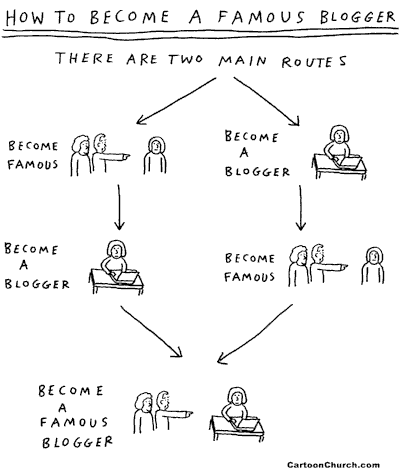
The 9th Annual UGR History Conference: Gender, Class, Race and Ethnicity in Abolitionism, on the Underground Railroad, and in the Struggle Since will take place February 26, 27, 28, 2010
Organized by Underground Railroad History Project of the Capital Region, Inc.
Hosted by Russell Sage College, Troy, New York
In Collaboration with Rensselaer County Historical Society
February 26
“The Not So Underground Underground Railroad” Teacher Workshop
Rhonda Y. Williams, Ph.D. – evening guest speaker
“Railroads, Streets and Bridges – Black Women and Freedom Journeys”
February 27
Rosemary Sadlier–Mary Ann Shadd: Publisher, Editor, Teacher, Lawyer, Suffragette
Workshops, cultural performance, vendors, poster displays
Join with scholars, artists, historians, preservationists, educators, students, community members and others to explore how the forces of gender, class, race and ethnicity have influenced the UGR and movements for freedom that have arisen in its wake.
February 28
2-hour tour of Troy’s UGR and African American heritage sites
A complete listing of pre-conference activities, workshops, speakers,
accommodations, sponsors and directions is available
REGISTER at www.ugrworkshop.com or 518-432-4432
Previous conferences:
2009 The Underground Railroad, Its Legacies, and Our Communities
2008 The Underground Railroad – How It Worked: Two Centuries of Escape,
Resistance, and the UGR Across the Continent”.
2007 Underground Railroad: Uncovering the Voices of Women
2006 The Underground Railroad: Connecting Pathways to Liberty
2005 The Underground Railroad: Discoveries and Emerging stories
2004 The Underground Railroad: Quests for Freedom
2003 The Underground Railroad: Movement And Context
2002 Telling the Untold Story: The Underground Railroad In Albany and the
Surrounding Region
I mention this every year for only three reasons:
1. I’ve gone to these events in the past and they are always very worthwhile attending.
2. The subject matter, I believe, is important.
3. Mary Liz and Paul Stewart, the organizers of the event, and indeed the co-founders of the Underground Railroad History Project of the Capital Region, are good friends of mine.
I have a fourth reason this year: I’m doing one of the workshops on Saturday afternoon. So sign up already!
(n.b. – I took off from work Monday to finish off this presentation. Instead, I stayed home with a sick child; not nearly so productive. This to say that if the blog posts are a little terse for the next few days, that’s why.)
***
African American Newspapers: Catalysts for Social Change
Thursday,February 25th, 12:15 – 1:15 PM
Location: Librarians Room, 7th floor, Cultural Education Center, Madison Avenue, Albany (New York State Library)
Register Online
African American newspapers provided vital information to the African American community by reporting stories from a perspective often ignored by their counterparts. During the Great Migration era, many subscribers in the south depended on news reports from northern publications for an accurate picture of northern life and opportunities for African Americans. In this presentation, Cordell Reaves, Historic Preservation Program Analyst at the NYS Office of Parks, Recreation and Historic Preservation, will explore the impact of some of these publications and how they shaped African American life primarily during the early to mid-1900s. Bring your lunch.
ROG





![[CARTOON] Green Eggs and Ham. images, pictures, books, cartoon, diet, food, kids, pigs, spoof, Seuss](https://i0.wp.com/1.bp.blogspot.com/_6Un-_YHrxJo/S24pvQGLQkI/AAAAAAAABQA/JjJvS663CkQ/s320/toon952+green+eggs+and+ham.jpg?w=840)

